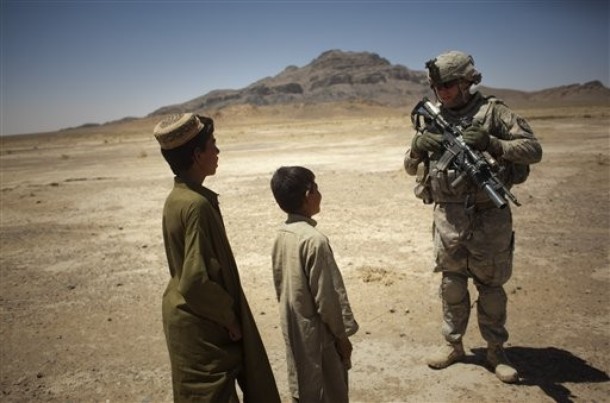Making Ourselves at Home

James Shinn laments the lack of American patience in Afghanistan:
The average counterinsurgency war lasts a decade and a half; the successful British campaign in Malaya in the 1950s, for example, took 12 years. Even if Gen. McChrystal gets the 40,000 additional troops he has requested, there is unlikely to be short-term progress in meeting any of the security "metrics" that opponents of the war in Afghanistan will try to insert into the defense appropriations for carrying out the president's strategy.
What the White House says—or doesn't say—about a long-term commitment is hugely important. Americans are famously impatient, and there is cruel wisdom in the oft-quoted Taliban boast that "NATO has all the watches, but we have all the time." Most Afghans are sitting on the fence, waiting to see who wins. Our allies are nervously looking for the exits, and the Pakistanis and the Iranians are hedging their bets in case the U.S. decides to pull the plug.
This underscores the difficulty in trying to wage counter-insurgencies. The notion that the "Taliban have the time" is really another way of saying that the Taliban live there and we don't. A strategy that's based on running out the Arabs and other Central Asians who are a part of al Qaeda is one thing (a thing, mind you, we have already accomplished in Afghanistan and have limited ability to do in Pakistan without significant Pakistani help).
Trying to overcome this basic "problem" has been the task of empires through the centuries.
A counter-insurgency strategy that takes years to unfold may well succeed, provided we set the bar for "success" very, very low (as we have done in Iraq). But it doesn't change the fact that a foreign policy based on inserting ourselves into the minutia of governing other people outside of our constitutional system is inherently difficult, if not impossible.
(AP Photos)





